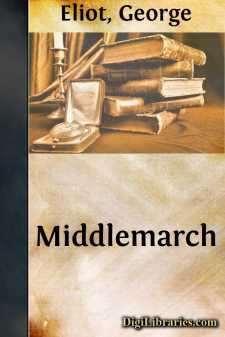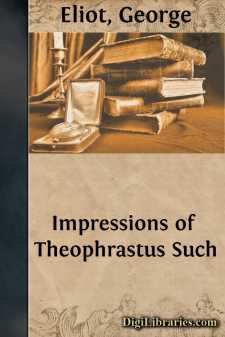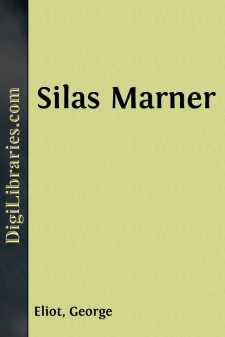Categories
- Antiques & Collectibles 13
- Architecture 36
- Art 48
- Bibles 22
- Biography & Autobiography 816
- Body, Mind & Spirit 145
- Business & Economics 28
- Children's Books 17
- Children's Fiction 14
- Computers 4
- Cooking 94
- Crafts & Hobbies 4
- Drama 346
- Education 58
- Family & Relationships 59
- Fiction 11834
- Foreign Language Study 3
- Games 19
- Gardening 17
- Health & Fitness 34
- History 1378
- House & Home 1
- Humor 147
- Juvenile Fiction 1873
- Juvenile Nonfiction 202
- Language Arts & Disciplines 89
- Law 16
- Literary Collections 686
- Literary Criticism 179
- Mathematics 13
- Medical 41
- Music 40
- Nature 179
- Non-Classifiable 1768
- Performing Arts 7
- Periodicals 1453
- Philosophy 66
- Photography 2
- Poetry 897
- Political Science 203
- Psychology 45
- Reference 154
- Religion 516
- Science 126
- Self-Help 85
- Social Science 82
- Sports & Recreation 34
- Study Aids 3
- Technology & Engineering 59
- Transportation 23
- Travel 463
- True Crime 29
Our website is made possible by displaying online advertisements to our visitors.
Please consider supporting us by disabling your ad blocker.
Brother Jacob
by: George Eliot
Categories:
Description:
Excerpt
CHAPTER I
Among the many fatalities attending the bloom of young desire, that of blindly taking to the confectionery line has not, perhaps, been sufficiently considered. How is the son of a British yeoman, who has been fed principally on salt pork and yeast dumplings, to know that there is satiety for the human stomach even in a paradise of glass jars full of sugared almonds and pink lozenges, and that the tedium of life can reach a pitch where plum-buns at discretion cease to offer the slightest excitement? Or how, at the tender age when a confectioner seems to him a very prince whom all the world must envy—who breakfasts on macaroons, dines on meringues, sups on twelfth-cake, and fills up the intermediate hours with sugar-candy or peppermint—how is he to foresee the day of sad wisdom, when he will discern that the confectioner’s calling is not socially influential, or favourable to a soaring ambition? I have known a man who turned out to have a metaphysical genius, incautiously, in the period of youthful buoyancy, commence his career as a dancing-master; and you may imagine the use that was made of this initial mistake by opponents who felt themselves bound to warn the public against his doctrine of the Inconceivable. He could not give up his dancing-lessons, because he made his bread by them, and metaphysics would not have found him in so much as salt to his bread. It was really the same with Mr. David Faux and the confectionery business. His uncle, the butler at the great house close by Brigford, had made a pet of him in his early boyhood, and it was on a visit to this uncle that the confectioners’ shops in that brilliant town had, on a single day, fired his tender imagination. He carried home the pleasing illusion that a confectioner must be at once the happiest and the foremost of men, since the things he made were not only the most beautiful to behold, but the very best eating, and such as the Lord Mayor must always order largely for his private recreation; so that when his father declared he must be put to a trade, David chose his line without a moment’s hesitation; and, with a rashness inspired by a sweet tooth, wedded himself irrevocably to confectionery. Soon, however, the tooth lost its relish and fell into blank indifference; and all the while, his mind expanded, his ambition took new shapes, which could hardly be satisfied within the sphere his youthful ardour had chosen. But what was he to do? He was a young man of much mental activity, and, above all, gifted with a spirit of contrivance; but then, his faculties would not tell with great effect in any other medium than that of candied sugars, conserves, and pastry. Say what you will about the identity of the reasoning process in all branches of thought, or about the advantage of coming to subjects with a fresh mind, the adjustment of butter to flour, and of heat to pastry, is not the best preparation for the office of prime minister; besides, in the present imperfectly-organized state of society, there are social barriers. David could invent delightful things in the way of drop-cakes, and he had the widest views of the sugar department; but in other directions he certainly felt hampered by the want of knowledge and practical skill; and the world is so inconveniently constituted, that the vague consciousness of being a fine fellow is no guarantee of success in any line of business....












